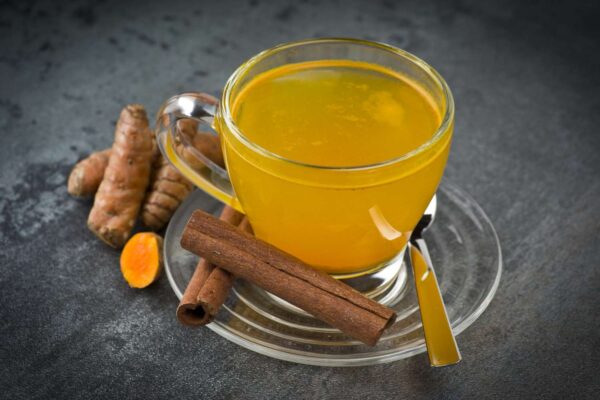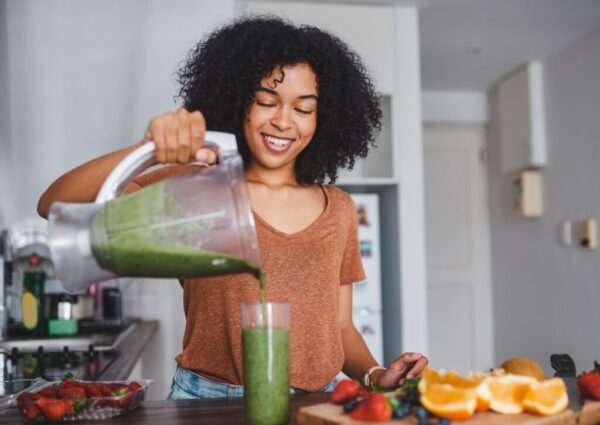Mixing Covishield and Covaxin, the 2 main vaccines against Covid-19 in use in India, has found by a replacement ICMR study to be safe and also to supply better immunity. the 2 use different platforms: Covishield is an adenovirus vector platform-based vaccine, while Covaxin is an inactivated whole virus vaccine.
Worldwide, studies are under thanks to understand if a mixture of two different vaccines can outperform two doses of an equivalent vaccine. Experts caution, however, that mixing shouldn’t be randomly done but should be supported understanding multiple issues.
Who participated within the ICMR study?
The study was the results of an error . In May, 18 villagers in Uttar Pradesh , had got Covaxin because the second dose, six weeks after they got Covishield. The study compared the vaccine response of those 18 individuals thereto of 40 recipients of two doses of Covishield, and 40 recipients of two doses of Covaxin.
“Overall, this study demonstrates that immunisation with a heterologous combination of an adenovirus vector platform-based vaccine followed by an inactivated whole virus vaccine is safe and elicits better immunogenicity than two doses of homologous vaccination, using an equivalent vaccines,” the study said
The study is on a pre-print; it hasn’t been peer-reviewed yet.
What explains the findings?
“While ICMR employing a mistake to urge some preliminary data on heterologous vaccination is commendable, there’s no great novelty within the approach. These results are really preliminary because it examines only 18 individuals with mixed vaccination,” leading immunologist Dr Vineeta Bal said. “There is not any easy immunological explanation within the present case… the info shows that heterologous vaccination triggers better antibody response as compared to 2 shots of Covaxin. However, there’s no such enhancement seen with two shots of Covishield,” she said.
Leading vaccine scientist Dr Gagandeep Kang said that what various studies have shown is that combinations aren’t inferior to 2 doses of an equivalent vaccine. “Theoretically we will provide some explanation, but there’s no data to state whether it’s equally immunogenic or in some cases more immunogenic to use a mixture of vaccine doses via a vis others,” Dr Kang said.
Is it advisable to combine vaccines, then?
According to the planet Health Organization, there’s currently limited data on the immunogenicity or efficacy of a “mix and match” regimen. The AstraZeneca recommendations are modified to point that either of the mRNA vaccines (Pfizer or Moderna) are often used as a second dose following a primary dose with the AstraZeneca vaccine, if a second dose of AstraZeneca vaccine isn’t available. supported the essential principles of how vaccines work, “WHO is of the view that the mix-and-match regimens are likely to figure . However, we actually got to analyse the evidence in each of those vaccine combinations before the other recommendations are often made,” the WHO said in an email.
From a regulatory perspective, “regulators know only what companies have done — and mix-and match studies don’t usually come under their purview as applications from companies, because companies want to sell two doses of their product, not one together with another company’s product”, Dr Kang said. “When academics do studies, they need to characterise immune reaction and understand whether it’s strong and long lasting. All this is often a process of learning and that we have an extended thanks to go and not just take limited information and draw large inferences.”

 Wellhealthorganic.com:health-benefits-of-turmeric-tea
Wellhealthorganic.com:health-benefits-of-turmeric-tea  Exploring Wellhealthorganic.com:vitamin-e-health-benefits-and-nutritional-sources
Exploring Wellhealthorganic.com:vitamin-e-health-benefits-and-nutritional-sources  Discover Wellhealthorganic.com know the causes of white hair and easy ways to prevent it naturally
Discover Wellhealthorganic.com know the causes of white hair and easy ways to prevent it naturally  Wellhealthorganic.com know why not to reuse plastic water bottles know its reason in Hindi
Wellhealthorganic.com know why not to reuse plastic water bottles know its reason in Hindi  Wellhealthorganic.com simple ways to improve digestive system in Hindi
Wellhealthorganic.com simple ways to improve digestive system in Hindi  Optimal Well-Being with Well Health Tips In Hindi Wellhealth
Optimal Well-Being with Well Health Tips In Hindi Wellhealth